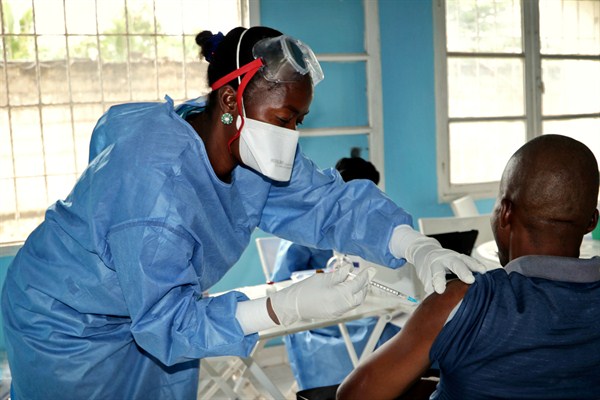Amid widespread criticism of its response to the Ebola outbreak in West Africa five years ago, the World Health Organization took stock of what went wrong. In a report released in 2015 before the outbreak had even ended, its Ebola Interim Assessment Panel urged the WHO to “re-establish its pre-eminence as the guardian of global public health” and to “undergo significant transformation in order to better perform.”
Tedros Adhanom Ghebreyesus vowed to act on these recommendations when he ran to become the WHO’s new director-general in 2017, during its first-ever open election campaign, in which the director-general was selected in a vote by the WHO’s member states. One of the key themes of Tedros’ successful campaign was that the WHO needed a new leader who could reassert the organization’s authority and its place in the larger global health landscape.
In his first year as director-general, Tedros took a number of positive steps. His leadership team represented all six of the WHO’s regions of operation, and women now comprise more than 60 percent of its executive leadership. He also engaged in high-level diplomatic outreach and has gone to the frontlines of the WHO’s emergency responses, like his visits to facilities fighting the current Ebola outbreak in the Democratic Republic of Congo.

